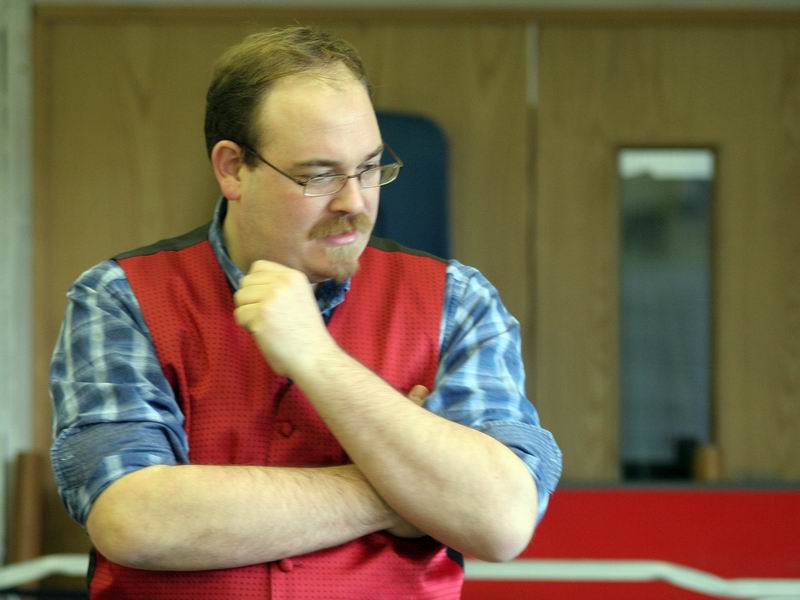
Dear Diary...
It is becoming obvious that even an apparent innocent like Alois has appreciated the deep political rifts that exist in his Abbey. He may even suspect that he was elected, sight unseen, for the very reason that he is a political innocent.
Of course, from the first, all of the respective factions wanted ‘their’ man in, and consequently could not agree on who it could be. Himmelstoss wanted an aggressive religious policy, Thengen an aggressive economic policy and von Lindburg an aggressive military policy all aimed at the Free City. Balanced against them were Krackenfart who, despite his old-womanish ways, wanted a more academic and less worldly institution and thought the goings on of the Free City an irrelevance and Durffaendel who automatically connects the words aggression with expense in his mind. Nobody really knows what Fassbinder thinks, as he is such a manoeuvrer anyway, so it was up to that snake Gumbolls to find a compromise.
He said that he remembered a student of his from the past, very committed to the scriptures and to art and music, and always was talking about our duty to God. He also said, apparently in private to Himmelstoss and Krackenfart, that he was also the dimmest student he could remember teaching. So, Alois was nominated Duke-Abbot, and in a week elected Duke-Abbot unopposed. The supposition was that he would neither rock the boat nor upset the balance of competing interests.
Having spent a lot of time with this man I am not sure they are right. Behind that other-worldly innocence lays a steely resolve to do his duty by God as he sees it. This is not the swivel-eyed lunacy of Himmelstoss, but rather a firm irreducible faith. This may yet lead to a conflict with most of the key people within the Abbey.
Personally I have no time for most of them: Gumbolls is a drunken lecher, Krackenfart an old woman, Thengen is corrupt, Fassbinder a pederast and Richardt a half wit. But I shudder to think about Himmelstoss and von Lindburg. The former has never forgiven me for being born and spending much of my life a Protestant and converting to get this job. It is true I have nothing but a vague belief in religion, but a strong belief in God – how can I not have, a survivor such as me? Von Lindburg, on the other hand, fancies himself a soldier. Thankfully it is a desire that is not shared or appreciated by anyone else, least of all me. I have seen many wars and met many good soldiers, and I am not convinced by Lindburg’s bluster. Luckily Alois is committed to ‘God’s Peace’, not a fact appreciated or understood by the likes of von Lindburg.
So, now, after 4 days in silent prayer (shock) the good Father-Abbot is ready to undertake a tour of the Patrimony. It should give him even more to think about.







